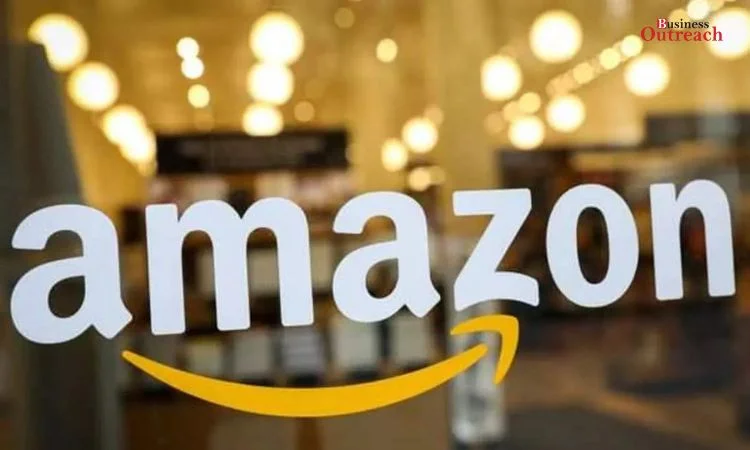Recent reports have revealed that Project Kuiper, the satellite internet initiative of Amazon, is in all probability set to acquire a satcom licence in India. This would place Amazon among mammoths such as Eutelsat and OneWeb, joining the caravans of satellite internet services to be offered in such a worthy country.
The move is seen as a serious jump by Amazon into a burgeoning satellite internet market, which in many people’s minds has already developed to become one of the more critical means of helping close the gap in digital access mostly in places remaining underconnected and very far from town centers.

P.C: ET Telecom
Project Kuiper is Amazon’s ambitious project of building a constellation of LEO satellites; in this initiative, the same amount of attention is given to providing high-speed, low-latency broadband internet to most of the populations of a country, especially the rural and unreachable areas devoid of or with no such traditional internet infrastructure.
Amazon has committed itself to launching a constellation of over 3,200 satellites under Project Kuiper, having already received approvals from the U.S. Federal Communications Commission (FCC) to do the same. The company has set over $10 billion in project investments, clearly to set its satellite internet concept to be embraced to be an essential part of the business.
The satcom license will go a long way in enabling Amazon to legally offer satellite internet service within the country. This licence requires quite a rigorous regulatory process and is required to show capabilities with regard to reliable and secure communications services, as well as meeting particular technical and operational standards fixed by Indian authorities.
Satellite Internet Providers have a challenge and an opportunity on their hands with an area serving over a billion people spread out over two million square miles. Most parts of India still lack reliable Internet access. In this way, people still lag behind in matters of internet accessibility in the countryside and other isolated areas of India. So Project Kuiper is targeting connectivity gaps in the Indian market and making high-speed internet available to millions without any.
Ahead of its entry, Amazon will find itself placed among others like Eutelsat and OneWeb, who have already captured headlines in the Indian satellite internet market. Companies like Eutelsat, the established European satellite operator, and OneWeb, a global communications service provider, have already made several big moves into the Indian market. For example, OneWeb has a large footprint in India and has formed a collaboration with the Indian telecom conglomerate Bharti Global.
These companies are all racing to capture a share of the increasing demand for high-speed internet access within India. The competition is going to be stiff, however it could also be an indication of more innovative solutions and better services for customers. As more companies make their way into the market, prices of these satellite internet services are expected to come down and become more affordable to a larger audience of end-users.
Although the potential for satellite Internet in India is huge, there are some obvious problems that Amazon and other companies are going to have to work through; of course, the first one includes regulatory hurdles. Also, all the approvals and licenses required can be complicated and often take some time. Another would be the cost to deploy and maintain the satellite networks, although long-term benefits will far outweigh such initial expenses.
Some of the possible challenges: satellite internet might have to compete with other forms of internet connectivity, including fiber optic networks and mobile broadband. While satellite internet is capable of providing service where these forms of connectivity cannot reach, it will have to compete on various issues related to the speed of connection, reliability, and cost.
Despite these difficulties, the avenues for growth are truly large. The Indian government has indeed sought to be proactive in its support of digital inclusion and has initiated several drives for initiating digital inclusion throughout the country. This could provide just the shot in the arm that companies like Amazon require to be able to make inroads in the market an enabler policy environment.
Amazon’s Project Kuiper is gearing up to make waves in the satellite internet landscape in India. By getting a license for satcom, Amazon will be able to deliver high-speed broadband services to millions of Indians, especially those who are unserved or underserved. In such a scenario, the entry of Project Kuiper into India would be seen as something very good for the country’s digital infrastructure and simply prove to be just the leap needed to bridge this digital gap. As the competition emerges, consumers can start eyeing better options in connectivity and cheaper internet services in the near future.















